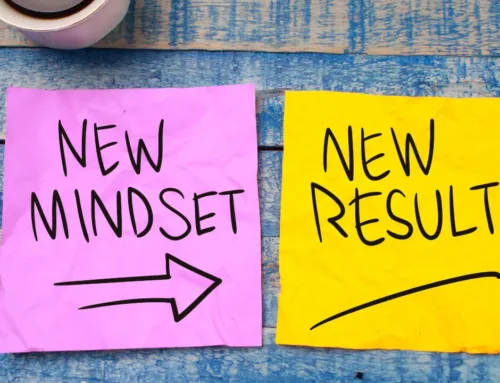Written By: Austin Merritt, the COO of Software Advice
 While many companies hire based on candidates’ experience, others find raw talent to be a stronger harbinger of success. But, how do you identify and measure “raw talent” during the hiring process?
While many companies hire based on candidates’ experience, others find raw talent to be a stronger harbinger of success. But, how do you identify and measure “raw talent” during the hiring process?
Austin Merritt, the COO of Software Advice–a company that presents reviews and ratings of recruiting and sales software–recently shared how he objectively measures raw talent during his sales team’s hiring process. In a post on Software Advice’s New Talent Times blog, Merritt shares his “coffee scenario,” a role-playing scenario used when hiring for his inside sales team. It closely imitates the process his team goes through when placing sales calls. Except, instead of advising the caller on what software to purchase, the job candidate advises the caller on what coffee shop to visit. Here are a few key tips Merritt has shared about his process:
Develop a set of competencies to look for
What are the top uncoachable competencies required for a person to thrive in a role? For example, when hiring for their sales team, Software Advice grades along the following criteria:
- Articulation – Do they clearly communicate their thoughts?
- Energy – Does the candidate appear alert and genuine on calls?
- Ability to take control – Can the candidate steer the conversation?
- Ability to think on their feet – Can the candidate respond calmly, but quickly?
- Coachability – Does the candidate understand the scenario enough to apply?
Your competencies may (and probably should) be different. Identify what empowers current star performers to be successful, and make your list of competencies around these qualities.
Create a project that tests each of them
The “coffee scenario” is effective because coffee is a familiar subject matter. Candidates are familiar with coffee, and it allows interviewers to focus on talent over domain expertise. The topic should be common enough for candidates to complete successfully without much preparation. In Software Advice’s instance, they set up a 10-minute mock sales call, but it doesn’t have be a phone call. Create something you can present to an applicant before meeting them in person.
Use a universal grade scale for performance
To ensure that every candidate gets a fair shot, develop a scoring method that can be kept consistent. If someone scores low in one area, but nails the others, it may be worthwhile to give the candidate another shot at the role-playing scenario. It doesn’t take too long, and by giving people a second chance, you’re leaving no stone unturned.
Before you bring someone to your office, try out a short role-playing scenario for them to showcase their raw talent. It’s a quick and easy way to critically assess strengths and weaknesses during the early stages of an interview process.
Share This Story, Choose Your Platform!
What our happy clients are saying
Contact Us for a Free Consultation
Tell us more about your business and how we can help.











